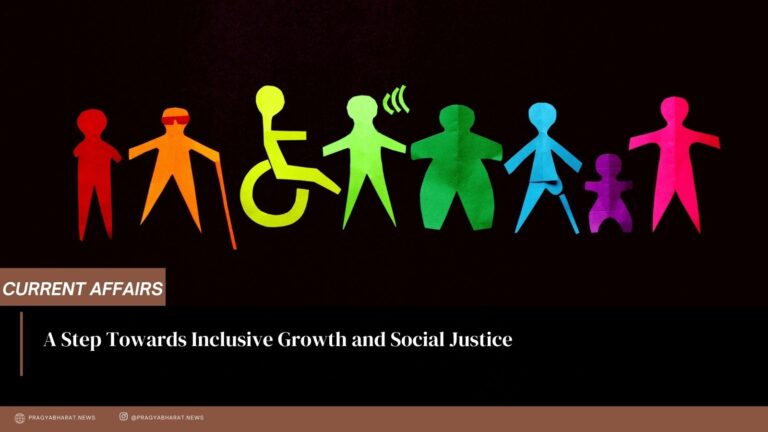Athletes deserve to be respected when they win, and they deserve to be supported when they lose; let us create a culture that values the human side of the game while also encouraging understanding and unity.
Victory and defeat are inextricably linked in the world of sports. While triumph is universally celebrated, the aftermath of defeat is frequently accompanied by criticism and scrutiny. In the high-stakes world of competitive sports, fans must recognize that their favorite players are not immune to the emotional toll of defeat, and empathy should be the compass that guides their reactions.
Every game, every tournament, athletes pour their hearts and souls into the game. Their journey is defined by the crowd’s roar, the weight of expectations, and the unwavering pursuit of excellence. It’s a journey filled with sacrifices, discipline, and a steadfast dedication to their craft. Nonetheless, despite their best efforts, there are times when victory slips away, leaving them struggling from disappointment and self-reflection.
Fans, the lifeblood of any sport, are crucial in shaping the narrative. While jubilant celebrations are every day after a victory, it is equally essential for fans to show their support in times of defeat. The emotional fortitude required to navigate public scrutiny is enormous, and athletes suffer from failure like any other human being.
The cricketing world recently witnessed a captivating match between India and Australia in the World Cup final. The players demonstrated their skill, determination, and sportsmanship throughout the tournament. However, the defeated team was criticized and disappointed because the final result favored one side.
Fans must put themselves in the shoes of these athletes, recognizing that they are not immune to life’s ups and downs. The loss on the pitch is more than just a statistic; it represents countless hours of training, family sacrifices, and a team’s collective effort. When fans react knee-jerk, labeling players as “losers” or worse, they fail to recognize the human side of the athletes they fervently support.
Consider the emotional weight that a player carries after a loss—weight that is felt not only on the field but also in personal relationships, family, and self-esteem. Social media, a double-edged sword, amplifies these emotions, exposing players to criticism beyond the game’s boundaries. Fan empathy can be a powerful antidote to the toxicity that can pervade sports discourse in these situations.
Consider a world where fans show solidarity and encouragement rather than criticize players for a missed opportunity. A world in which athletes, despite their extraordinary talents, are vulnerable to the same emotional vulnerabilities as everyone else. This shift in perspective fosters an environment of empathy, strengthening the bond between fans and players.When constructive and well-intentioned, criticism has a place in sports analysis. However, the line between criticism and personal attacks is thin, and fans must tread carefully. Negative comments impact far beyond the digital realm, influencing players’ mental and emotional well-being.
Fans must recognize that our role extends beyond simply cheering for victories. It entails supporting our favorite players during defeats and appreciating the team effort that goes into the game. By doing so, we contribute to a sports culture that values empathy over animosity and comprehension over judgment. Athletes, with their unparalleled dedication and passion, deserve their fans’ respect and support, win or lose. It serves as a reminder that the essence of sports goes beyond the scoreboard and includes the shared human experience of triumphs and tribulations.
Let’s honor the human spirit beyond athletics and the sportsmanship that makes athletes who they are. Let us be mindful of our words’ impact on those who take the pitch and remember that they are not immune to the emotional roller coaster of sports. By cultivating an empathetic culture, we enhance the athletic experience and leave a legacy of reverence, comprehension, and steadfast support for the game and its participants that extends beyond wins and losses.

















